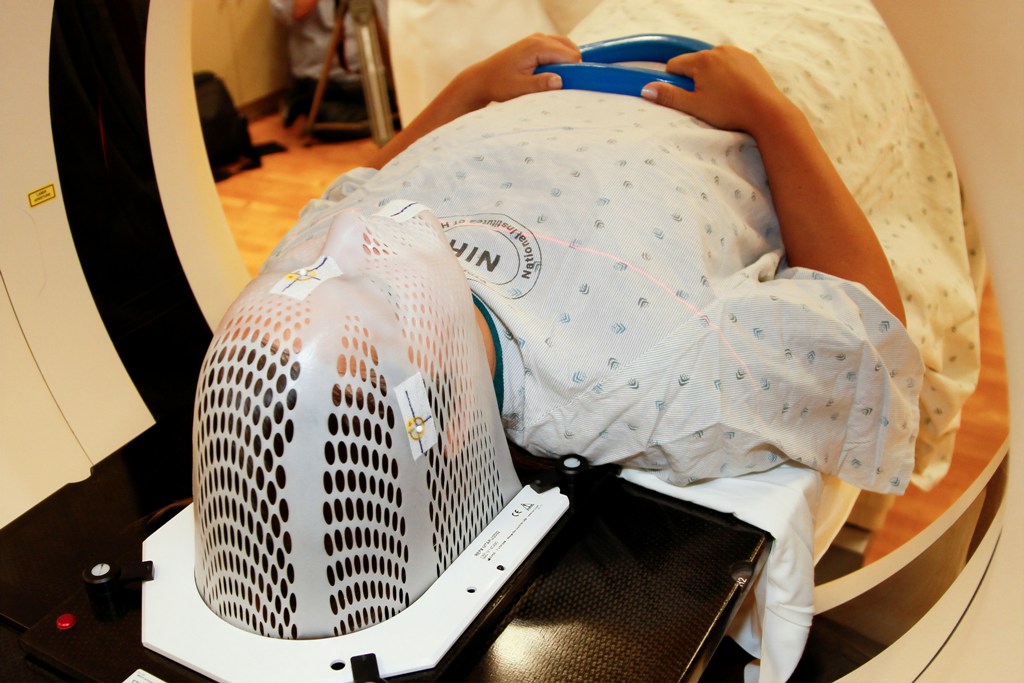A team of Canadian researchers has developed a simple skin-based test that may help doctors diagnose a rare brain disease called Progressive Supranuclear Palsy (PSP) more quickly and accurately. PSP is a serious condition that affects movement, balance, walking, and even swallowing.

This new test was developed by scientists from the University Health Network (UHN) and the University of Toronto. According to the researchers, the test looks for a special type of misfolded protein called tau, which is linked to PSP.
Until now, diagnosing PSP has been difficult because its symptoms are similar to other diseases like Parkinson’s disease. As a result, many patients are misdiagnosed.
ALSO READ: Researchers find way to slow deadly brain tumour by blocking PGM3 enzyme
The lead researcher, Ivan Martinez-Valbuena, from the Rossy PSP Centre at UHN, said this test is especially useful for selecting the right patients for clinical trials. In the future, it could also help doctors choose the best treatments, as more precise therapies are developed for PSP.
Currently, doctors mostly rely on symptoms and clinical examination to diagnose PSP. But this can lead to mistakes, especially since PSP is less common and not as well-known as other brain diseases. Misdiagnosis can also affect research, as patients with PSP might be wrongly included in trials for Parkinson’s disease, which targets a different protein.
This new skin test, which was recently published in the JAMA Neurology journal, detects a specific form of misfolded tau protein linked to PSP. Researchers tested skin samples from people with different brain disorders, including Parkinson’s disease, multiple system atrophy, corticobasal degeneration, and healthy individuals.
ALSO READ: New hope for Parkinson’s disease as stem cell treatments found safe and effective
They found that the misfolded tau was present in most people with PSP but rarely seen in other diseases. In fact, it was not found at all in Parkinson’s patients or healthy people. The test showed 90% accuracy in both sensitivity and specificity, meaning it correctly identified those with PSP and those without it in most cases.
Professor Gabor Kovacs, another member of the research team, said the results show that PSP-related tau can be detected in living patients using a small skin biopsy.
Martinez-Valbuena added that in the future, this test could be combined with other simple tests, like blood tests and clinical information, to help doctors make better decisions and guide patients towards the most suitable treatments and clinical trials.


